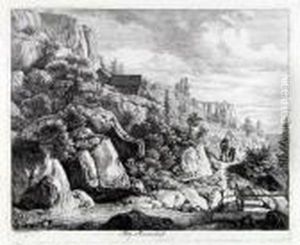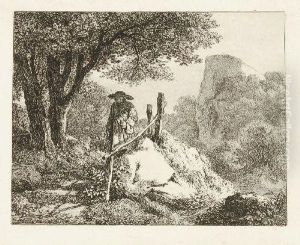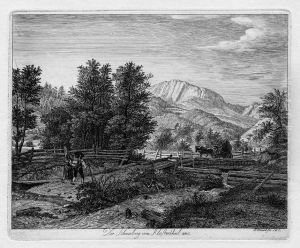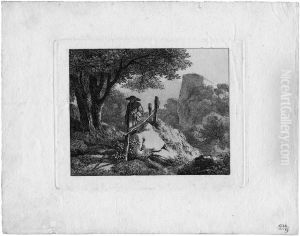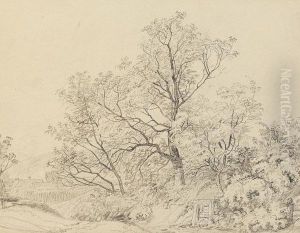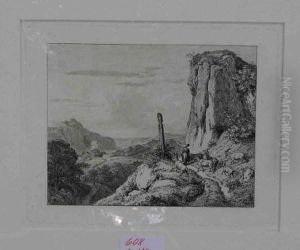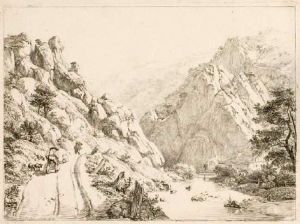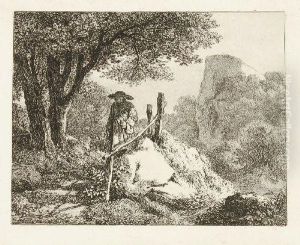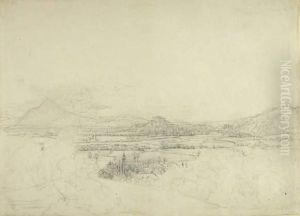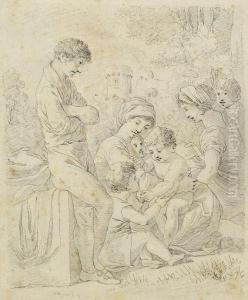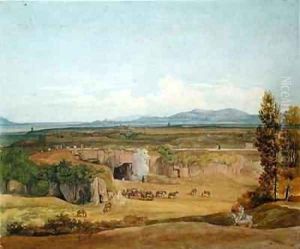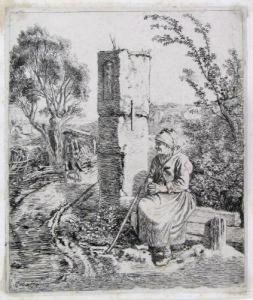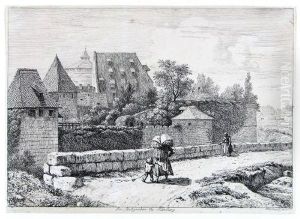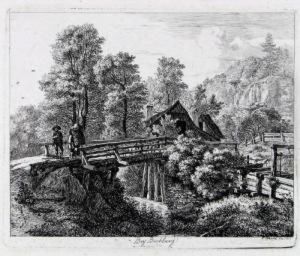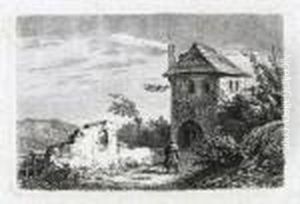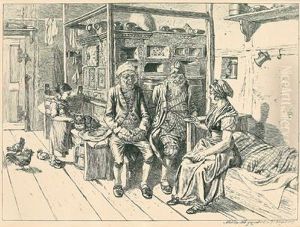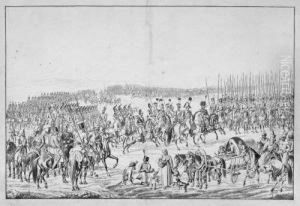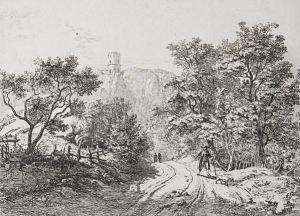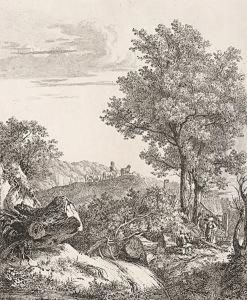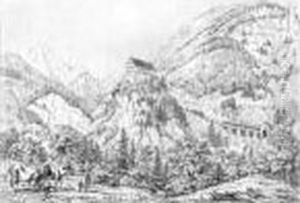Johann Christoph Erhard Paintings
Johann Christoph Erhard was a German painter, primarily known for his etchings and landscapes. Born on June 3, 1795, in Nuremberg, Germany, Erhard showed an early talent for the arts. In his formative years, he was influenced by the works of the Dutch landscape painters, which can be seen in the detailed and atmospheric quality of his own landscapes.
Erhard's artistic education began in his hometown, but he soon moved to study in Vienna, where he further developed his skills in painting and printmaking. His work was characterized by a romantic sensitivity, and he was part of the movement that reacted against the strict rules of neoclassicism, seeking instead to express a more personal and emotional response to the world.
Despite his talent, Johann Christoph Erhard's life was marred by illness and financial difficulties. His career was cut short when he died at the young age of 27 on January 11, 1822, in Rome, Italy, where he had gone in hopes of bettering his health and prospects. Erhard's work was somewhat recognized during his lifetime, but he gained more posthumous recognition, with his prints and drawings being appreciated for their technical skill and delicate expression. His landscapes, in particular, continue to be celebrated for their evocative portrayal of nature and their reflection of early romantic sensibilities in German art.
